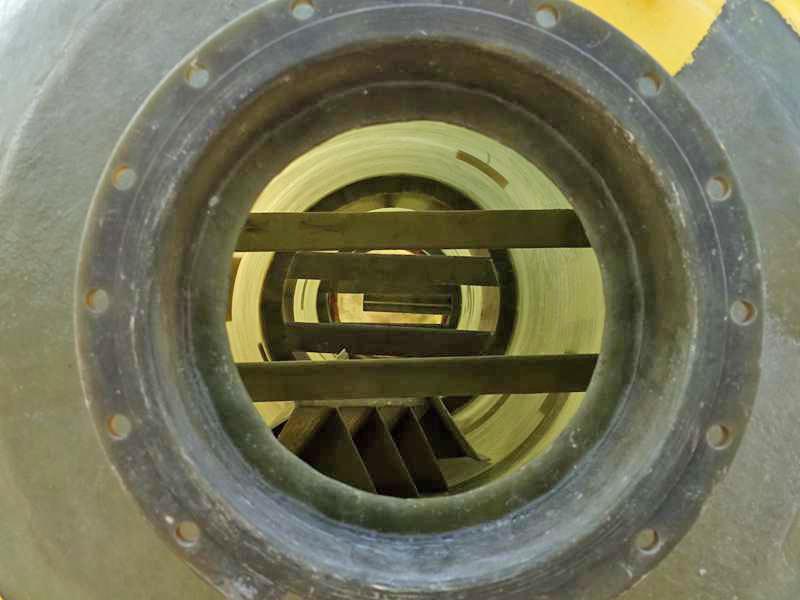
-
 Afrikaans
Afrikaans -
 Albanian
Albanian -
 Amharic
Amharic -
 Arabic
Arabic -
 Armenian
Armenian -
 Azerbaijani
Azerbaijani -
 Basque
Basque -
 Belarusian
Belarusian -
 Bengali
Bengali -
 Bosnian
Bosnian -
 Bulgarian
Bulgarian -
 Catalan
Catalan -
 Cebuano
Cebuano -
 China
China -
 China (Taiwan)
China (Taiwan) -
 Corsican
Corsican -
 Croatian
Croatian -
 Czech
Czech -
 Danish
Danish -
 Dutch
Dutch -
 English
English -
 Esperanto
Esperanto -
 Estonian
Estonian -
 Finnish
Finnish -
 French
French -
 Frisian
Frisian -
 Galician
Galician -
 Georgian
Georgian -
 German
German -
 Greek
Greek -
 Gujarati
Gujarati -
 Haitian Creole
Haitian Creole -
 hausa
hausa -
 hawaiian
hawaiian -
 Hebrew
Hebrew -
 Hindi
Hindi -
 Miao
Miao -
 Hungarian
Hungarian -
 Icelandic
Icelandic -
 igbo
igbo -
 Indonesian
Indonesian -
 irish
irish -
 Italian
Italian -
 Japanese
Japanese -
 Javanese
Javanese -
 Kannada
Kannada -
 kazakh
kazakh -
 Khmer
Khmer -
 Rwandese
Rwandese -
 Korean
Korean -
 Kurdish
Kurdish -
 Kyrgyz
Kyrgyz -
 Lao
Lao -
 Latin
Latin -
 Latvian
Latvian -
 Lithuanian
Lithuanian -
 Luxembourgish
Luxembourgish -
 Macedonian
Macedonian -
 Malgashi
Malgashi -
 Malay
Malay -
 Malayalam
Malayalam -
 Maltese
Maltese -
 Maori
Maori -
 Marathi
Marathi -
 Mongolian
Mongolian -
 Myanmar
Myanmar -
 Nepali
Nepali -
 Norwegian
Norwegian -
 Norwegian
Norwegian -
 Occitan
Occitan -
 Pashto
Pashto -
 Persian
Persian -
 Polish
Polish -
 Portuguese
Portuguese -
 Punjabi
Punjabi -
 Romanian
Romanian -
 Russian
Russian -
 Samoan
Samoan -
 Scottish Gaelic
Scottish Gaelic -
 Serbian
Serbian -
 Sesotho
Sesotho -
 Shona
Shona -
 Sindhi
Sindhi -
 Sinhala
Sinhala -
 Slovak
Slovak -
 Slovenian
Slovenian -
 Somali
Somali -
 Spanish
Spanish -
 Sundanese
Sundanese -
 Swahili
Swahili -
 Swedish
Swedish -
 Tagalog
Tagalog -
 Tajik
Tajik -
 Tamil
Tamil -
 Tatar
Tatar -
 Telugu
Telugu -
 Thai
Thai -
 Turkish
Turkish -
 Turkmen
Turkmen -
 Ukrainian
Ukrainian -
 Urdu
Urdu -
 Uighur
Uighur -
 Uzbek
Uzbek -
 Vietnamese
Vietnamese -
 Welsh
Welsh -
 Bantu
Bantu -
 Yiddish
Yiddish -
 Yoruba
Yoruba -
 Zulu
Zulu
Jul . 10, 2024 20:29
Back to list
Benefits of using fiberglass reinforced pipes in various construction projects and applications
Fiberglass reinforced pipe, also known as FRP pipe, is a type of composite material that is widely used in various industries for its durability, strength, and corrosion resistance. It is made by combining fiberglass with a thermosetting resin to create a lightweight but strong material that can withstand high pressures and temperatures.
One of the main advantages of fiberglass reinforced pipe is its resistance to corrosion. Unlike traditional metal pipes, FRP pipes do not corrode when exposed to harsh chemicals or environments, making them ideal for use in industries such as chemical processing, wastewater treatment, and oil and gas extraction. This corrosion resistance also helps to extend the lifespan of the pipes, reducing the need for frequent maintenance and replacement.
In addition to being corrosion-resistant, fiberglass reinforced pipes are also lightweight and easy to install. This makes them a cost-effective option for many applications, as they can be transported, handled, and installed with minimal equipment and manpower. The flexibility of FRP pipes also allows for easier customization, with the ability to create pipe systems in various sizes, shapes, and configurations to meet specific project needs.
The strength of fiberglass reinforced pipe is another key benefit, as it can withstand high pressures and temperatures without deforming or cracking. This makes FRP pipes suitable for use in demanding applications, such as deep-sea oil drilling, high-pressure water distribution, and industrial cooling systems

fiberglass reinforced pipe. The durability of FRP pipes also helps to reduce the risk of leaks and failures, providing a reliable and long-lasting solution for critical infrastructure. Despite their many advantages, fiberglass reinforced pipes do have some limitations. They may be more expensive than traditional materials such as PVC or steel, and require specialized knowledge and equipment for installation. Additionally, while FRP pipes are generally resistant to most chemicals, they may not be suitable for all corrosive environments. In conclusion, fiberglass reinforced pipe is a versatile and durable material that offers many benefits for a wide range of applications. Its corrosion resistance, lightweight design, and strength make it a popular choice for industries that require reliable and long-lasting pipe systems. While FRP pipes may not be suitable for every project, they offer a cost-effective and efficient solution for many challenging environments. As technology and materials continue to advance, fiberglass reinforced pipes are likely to play an increasingly important role in the future of infrastructure and industry.

fiberglass reinforced pipe. The durability of FRP pipes also helps to reduce the risk of leaks and failures, providing a reliable and long-lasting solution for critical infrastructure. Despite their many advantages, fiberglass reinforced pipes do have some limitations. They may be more expensive than traditional materials such as PVC or steel, and require specialized knowledge and equipment for installation. Additionally, while FRP pipes are generally resistant to most chemicals, they may not be suitable for all corrosive environments. In conclusion, fiberglass reinforced pipe is a versatile and durable material that offers many benefits for a wide range of applications. Its corrosion resistance, lightweight design, and strength make it a popular choice for industries that require reliable and long-lasting pipe systems. While FRP pipes may not be suitable for every project, they offer a cost-effective and efficient solution for many challenging environments. As technology and materials continue to advance, fiberglass reinforced pipes are likely to play an increasingly important role in the future of infrastructure and industry.
Related Products









